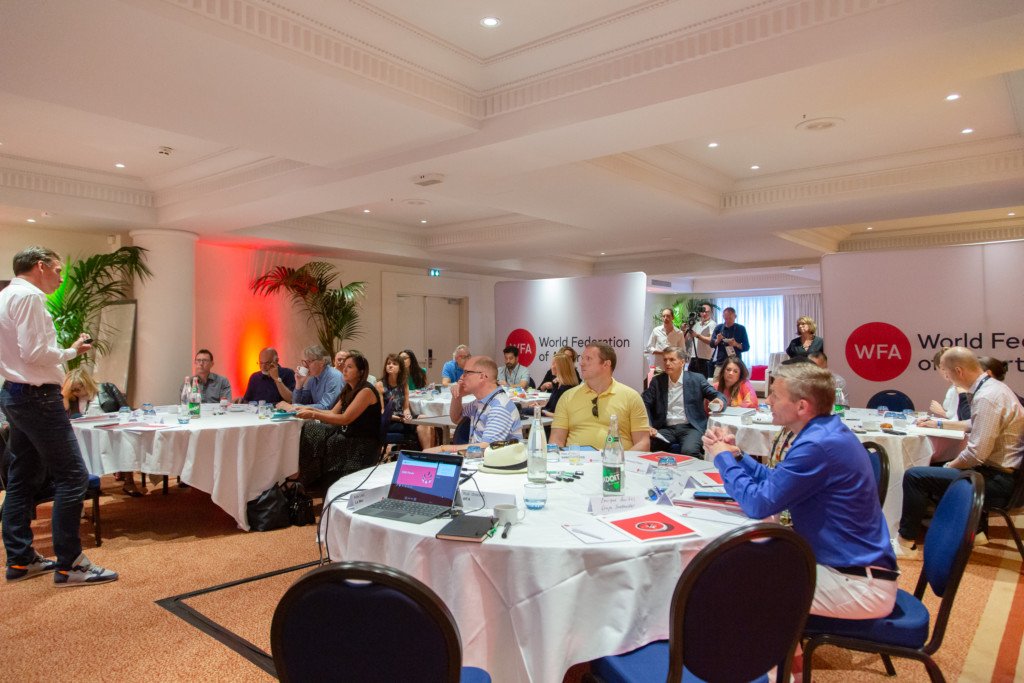Get analysis, insight & opinions from the world's top marketers.
Sign up to our newsletter.
The accelerated pace of change means that our industry’s leadership can struggle to pass on relevant experience as they have in the past. Knowing this is one thing, but how to respond? Rob Dreblow shares a few examples
Whether it’s held in Amsterdam, New York, Mumbai, Singapore or Tokyo, one common conclusion from WFA events is that an effective client is one who shows strong leadership. Yet, perhaps counter-intuitively, the very best marketers, those who generate the best work, are often the leaders who demonstrate humility.
One of my favourite soundbites from a recent CMO Forum was “just because you have the microphone, doesn’t mean you should sing”. Leaders need to know their limits now, more than ever.
“Responding to a fast-changing world” has probably been on the WFA agenda since the organisation was founded in 1953.
The current pace of change means that our industry’s leadership can feel limited when it comes to its ability to pass on relevant experience. Knowing this is one thing, but how to respond? Some examples from our CMOs include:
Not just for your teams but also for your senior leadership. Several of our members have enjoyed success in this regard working with the likes of General Assembly, Circus Street or Hyper Island.
Develop opportunities for your organisations’ leaders to create and market their own small DTC business. This enables colleagues to learn from the first-hand experience of being a start-up.

WFA CMO Forum at Cannes Lions, June 2019
Embrace constructive disruption
Challenge legacy approaches in key areas such as brand building. One of our members explained how they are now developing roles for ‘brand entrepreneurs’; charged with creating new ‘business experiences’ and increasingly behaving like start-ups.
Recognise existing policies are no longer enough to attract and retain the talent you need. Your colleagues need to trust the leadership to ‘do the right thing’. To retain talent you need to be at the forefront of evolving company culture into an authentic sense of belonging.
Senior leaders were never expected to know everything. Yet having a broad knowledge of all relevant areas is critical; what one WFA member described as “being comb-shaped”. However, in many cases, this breadth of knowledge simply no longer exists.
A good starting point is to know your personal limitations and not be afraid to admit any weakness. The important part is to visibly demonstrate that you have the desire to do something about it. Whilst also creating the environment, and providing the platforms, to enable others to develop with you.

For more information or questions, please contact Rob Dreblow at r.dreblow@wfanet.org